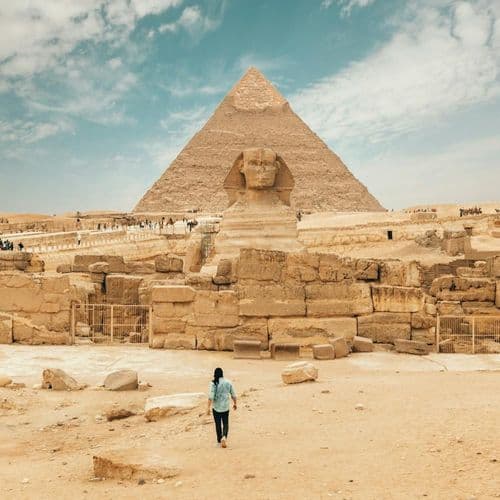
Libya
State of Libya
Country Overview
Flag
Capital
ISO 3166 code
Area
Population
UN Member
Demonym
Electricity
Drive Side
Independent
Country code
Internet TLD
Traveling to Libya: An Introductory Guide
Please be advised: Libya is currently under a Level 4: Do Not Travel advisory from most countries, including the US and UK, due to widespread crime, terrorism, civil unrest, and armed conflict. Tourist infrastructure is extremely limited.
This guide is for informational purposes only and is NOT a recommendation to travel to Libya at this time. Traveling to Libya is extremely dangerous and should only be undertaken with careful consideration of the risks involved.
If you are considering traveling to Libya despite the risks, here is some basic information:
Visa Requirements: Most nationalities require a visa to enter Libya. Obtaining a tourist visa can be challenging and may require sponsorship from a Libyan travel agency. Contact the Libyan embassy or consulate in your home country for the most up-to-date information.
Culture and Customs:
- Religion: Islam is the predominant religion, and cultural norms tend to be conservative. Dress modestly, especially when visiting religious sites.
- Language: Arabic is the official language. English is not widely spoken.
- Greetings: Greetings are generally formal.
Attractions:
- Leptis Magna: A UNESCO World Heritage Site and one of the most spectacular Roman ruins in the world.
- Cyrene: Another ancient Greek city with impressive ruins, including a temple dedicated to Zeus.
- Ghadames Old Town: A stunning example of Saharan architecture, built from mud bricks and featuring an intricate network of covered passageways.
- Akakus Mountains: A breathtaking desert landscape with ancient rock paintings dating back thousands of years.
Offbeat Destinations:
- Waw an Namus: A volcanic crater with three salt lakes in the heart of the Sahara Desert.
- Ghat: A historic desert city with beautiful mud-brick architecture.
Tours:
Organized tours are the safest and most practical way to travel within Libya. It is essential to choose a reputable operator with experience in the country.
Accommodation:
Tourist infrastructure is limited. Options include basic hotels and guesthouses. Be prepared for potential power and water outages.
Food and Cuisine:
Libyan cuisine is a blend of Mediterranean and North African flavors. Staples include couscous, lamb, chicken, and vegetable stews.
Women's Safety:
Women traveling alone should exercise extreme caution and dress conservatively. It's advisable to have a local guide or travel with a group.
LGBTQ+ Travelers:
Homosexuality is illegal in Libya. Public displays of affection, regardless of sexual orientation, are frowned upon. LGBTQ+ travelers should be aware of the risks and legal situation.
Best Time to Travel:
The best time to visit Libya (if conditions were safe) is during the cooler months, from October to May.
Travel Scams:
- Overcharging: Be prepared to negotiate prices for goods and services.
- Fake Guides: Only hire licensed tour guides through reputable agencies.
Travel Tips:
- Stay informed: Monitor current events and security updates closely.
- Register with your embassy: Inform your embassy about your travel plans in case of emergencies.
- Respect local customs: Be mindful of cultural norms and dress modestly.
- Photography: Avoid photographing military installations or government buildings.
- Health: Consult a travel doctor about necessary vaccinations and precautions.
This is a general overview and does not encompass all potential risks or situations. Traveling to Libya in its current state is strongly discouraged. The situation can change rapidly, so seeking up-to-the-minute information is crucial.
Languages
- Arabic
Currencies
- Libyan dinar - LYD (ل.د)
Regional Blocs
- African Union - AU
- Arab League - AL
Timezones
- UTC+01:00
Emergency Numbers
- Police: 1515
- Ambulance: 1515 or 193
- Fire: 1515
Plug Types
- C
- L





